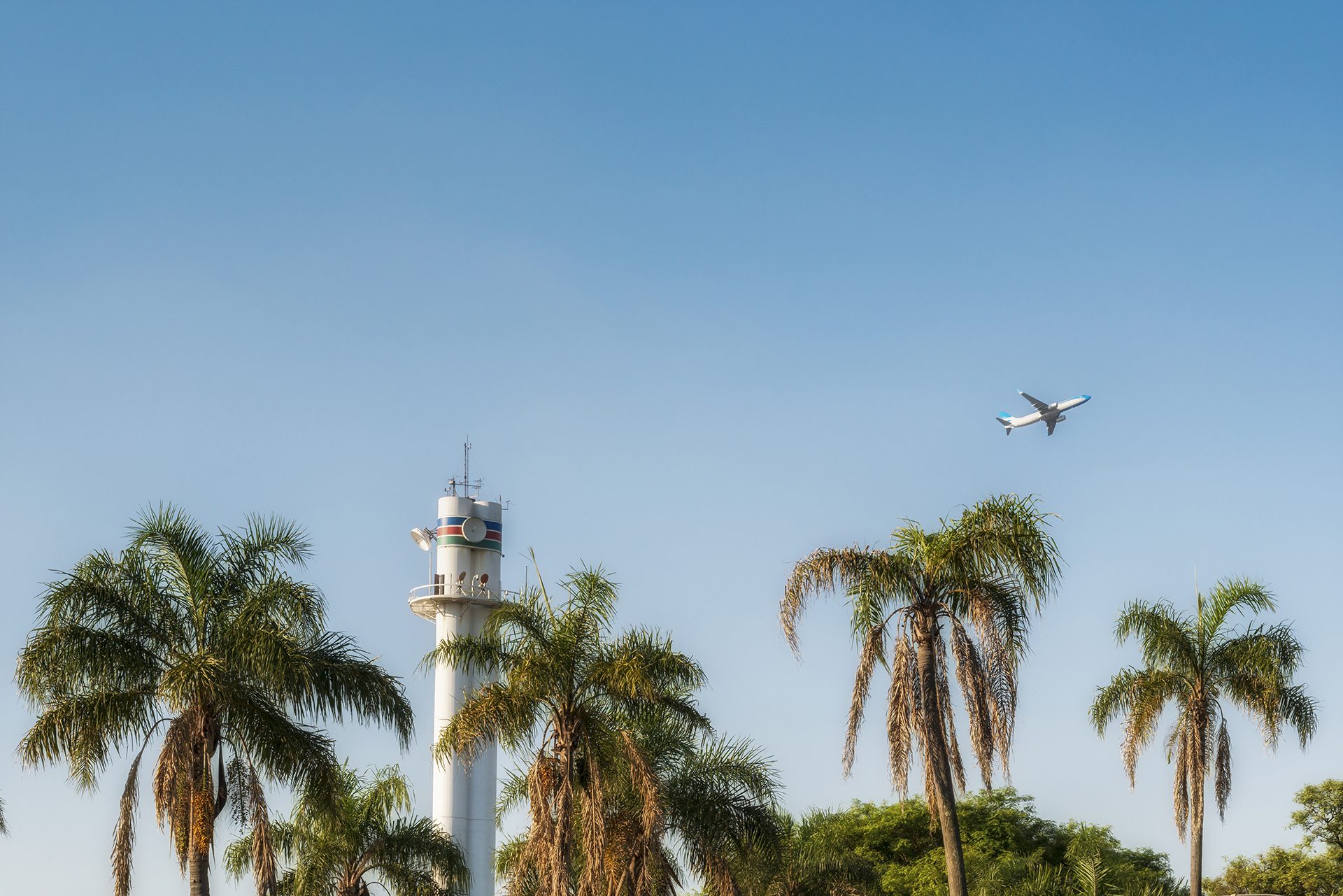Continued and growing demand for commercial air travel is the key driver of the aviation sustainability discussion and the COVID-19 crisis only emphasized the importance of ensuring that demand can be addressed sustainably.
In a panel discussion on sustainable aviation at the Routes Americas 2023 conference, an aircraft manufacturer, airport manager and a specialist in new sustainable engine technologies shared their views on the best pathways to achieving global airlines’ commitment of being carbon net-zero by 2050.
“Net zero by 2050 requires a lot from the airframer side,” said Thomas Sanderson, Boeing’s director of sustainability & emerging technology product marketing.
“The value of air transportation is not in dispute… What’s driving this is that more people want to fly. COVID emphasized the importance of that and the majority of the world’s population has yet to fly. The demand is there and the question is how to serve that in a responsible way.”
Rama Myers, head of business development at ZeroAvia, the British/American hydrogen-electric aircraft developer founded in 2017, said the company was focused on propulsion technologies, specifically how to power airliners by batteries or hydrogen.
“Hydro-electric is the main path forward because it’s true zero emissions,” he said. The startup is initially working with a small Cessna Caravan as its development platform, then plans to scale up to turboprops, regional jets and ultimately narrowbodies that can be powered by hydrogen-electric engines.
“Towards the end of the next decade, hydrogen-electric-powered flight will be feasible,” he said.
Battery-powered airliners, the panelists agreed, are a much less likely prospect. The weight of batteries and scale of energy needed for an aircraft mean the physics do not equate, except perhaps for very small aircraft.
“People see electric automotive and say, ‘If I can have an electric Tesla, why can’t I have an electric airplane?’ But the scale of energy you need for an airplane is enormously larger than for autos… Barring multiple Nobel prize-winning technologies, you cannot run an all battery-powered aircraft.”
Juan Camilo Hoyos, chief of legal and institutional affairs at OPAIN, which oversees the management, modernization, operations and maintenance at Colombia’s Bogota International Airport, said sustainability was a cornerstone of the airport’s activity…



